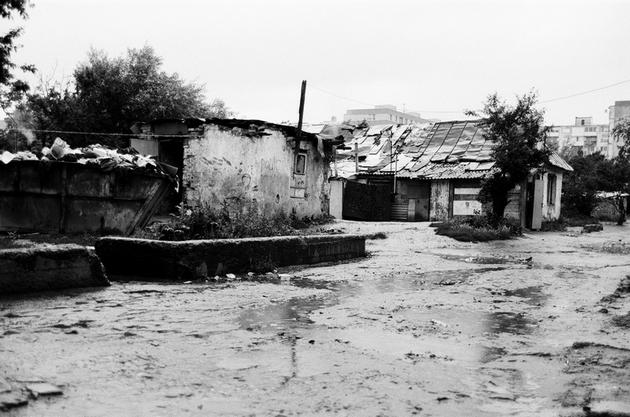Slovakia: More than 50 children from socially deprived families institutionalized since year began

Since the beginning of this year audits have been underway of the living conditions in socially vulnerable families in Slovakia during the persistently cold weather, with social workers visiting thousands of families around the country and institutionalizing 56 children as of 17 January. “The consequence of our visits is that we discovered cases in which we had to remove the children. In some cases, our colleagues had to call ambulances for them,” said the head of the Slovak Headquarters for Labor, Social Affairs and the Family, Marián Valentovič.
Thirty children were removed from their families in the Košice Region alone, according to Valentovič, while in the Prešov Region 10 were removed because there was not enough heat in their dwellings, but in the other six regions freezing weather was not the reason the children were removed. Two children were removed from their families in the Bratislava Region, the Banská Bystrica Region and Žilina Region, while in the Nitra Region six children were removed, in the Trenčín Region three children were removed, and in the Trnava Region one child was removed.
“The reason children are removed is never just winter, but that fact combined with the capability of a family to care for their children – it’s cold in almost all the localities, but not every parent is able to ensure their children’s safety in these degraded conditions,” said the director of the Department of Legal and Social Protection of Children and Social Education at the Labor Headquarters, Mária Marcinová. Social workers have long been monitoring the settlements in Slovakia where Romani people frequently live in substandard hygienic conditoins or without any electricity, including the settlements of Demeter, Majetkár, Mašličkovo or Moňov potok.
According to Marcinová, her staffers have intervened in 12 illegal Romani settlements on the territory of the city of Košice alone. The children who have now ended up in institutional care will be able to return to their families, according to the authorities, once the substandard conditions in which they were found have been resolved.
Marcinová said the option of placing the children with other family members was always investigated first. If it was ascertained that no such opportunity existed for a child, then the motion to remove the child from the family was submitted to the court, which decided about the child’s placement into an appropriate facility.